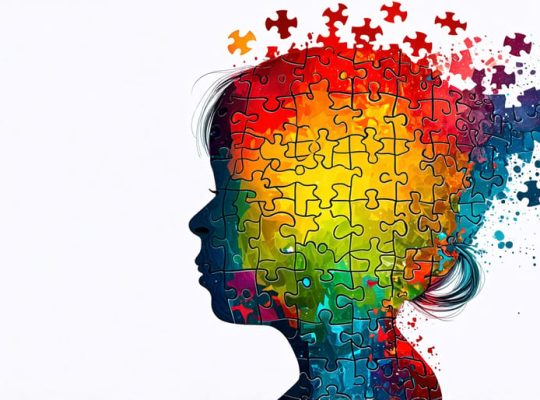7 Life-Saving Mental Health Crisis Techniques Every Parent Should Know
When a mental health crisis erupts, recognizing the early warning signs and responding with calm, decisive action can mean the difference between escalation and stabilization. As parents, teachers, and caregivers, we face moments when a child’s emotional distress demands immediate, skilled intervention – moments that require both quick thinking and deep compassion.
Mental health crisis intervention isn’t just about managing immediate emergencies; it’s about building a foundation of trust and understanding that supports long-term emotional wellbeing. Through evidence-based techniques and trauma-informed …




